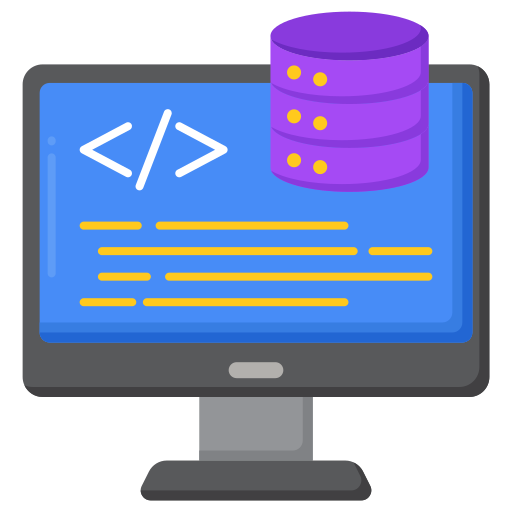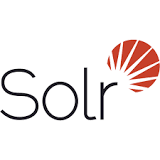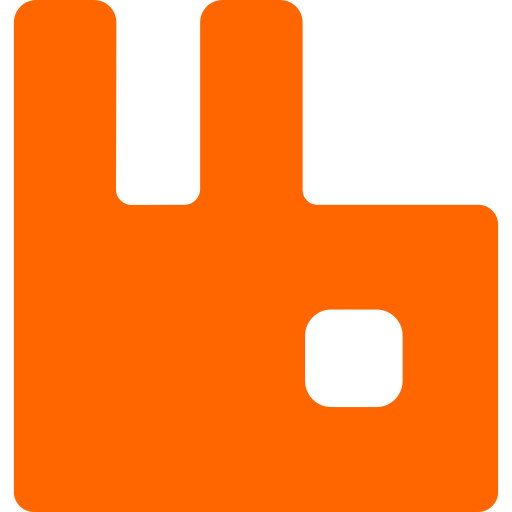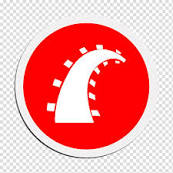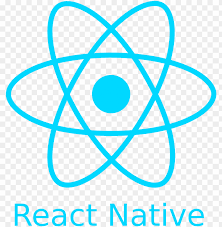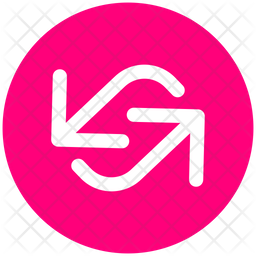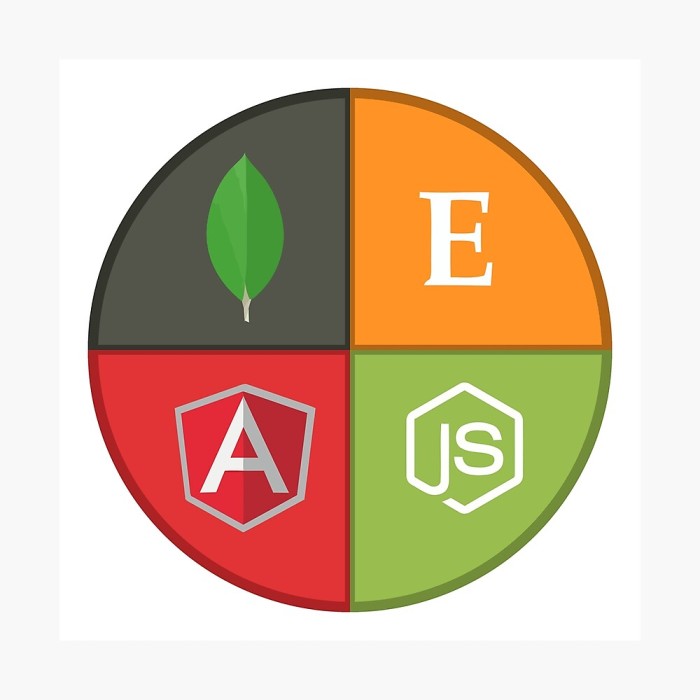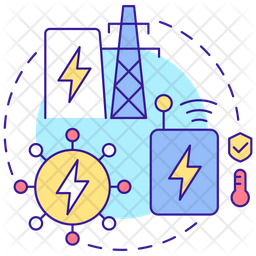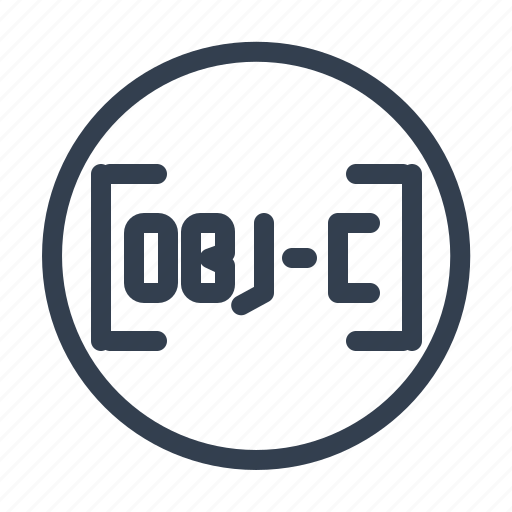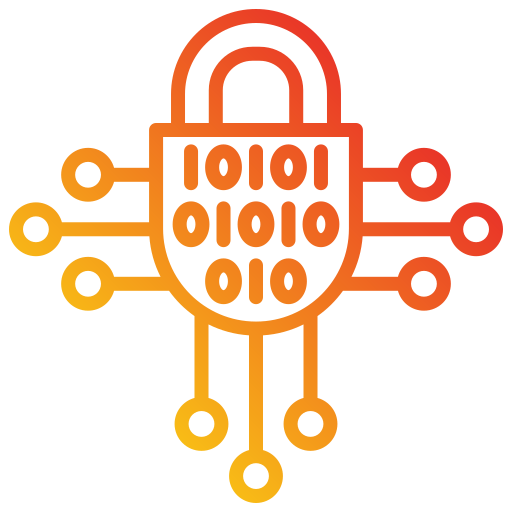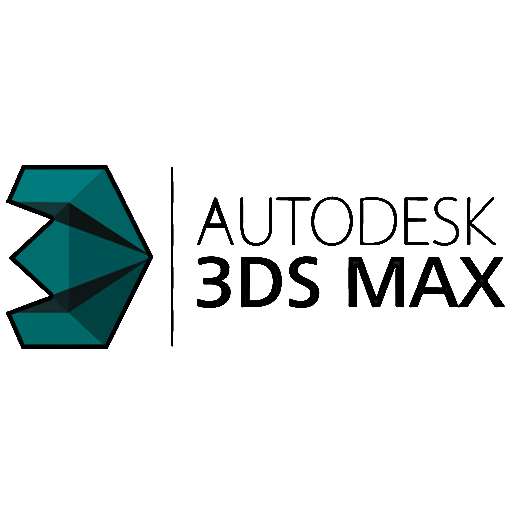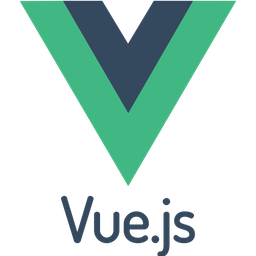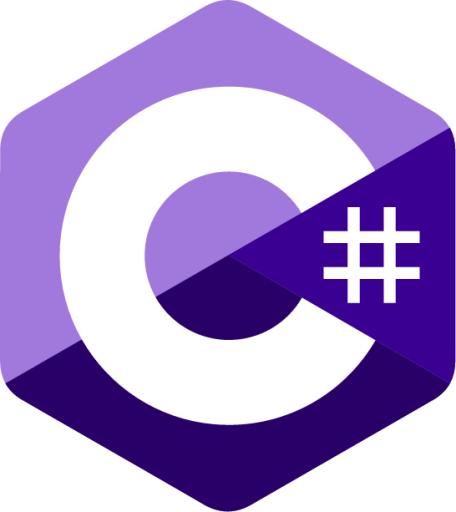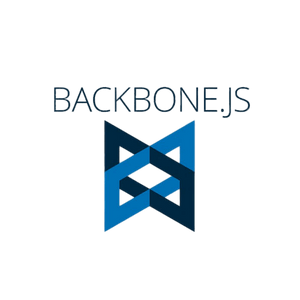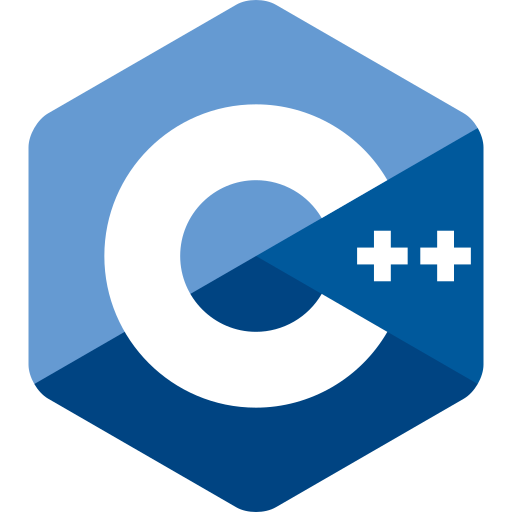Contents
What is React Js?
Why is React.js a Choice for Web Development?
What are the Must-look Skills While Hiring a ReactJs Developer?
What are the Key Responsibilities of a ReactJs Developer?
How to Hire a ReactJs Developer?
What is React Js?
Facebook created ReactJS, a readily available JavaScript free-to-use library to develop UI on both websites and apps. The library is utilized for creating UIs on web and mobile apps. ReactJS allows developers to create reusable UI components and manage the application's state more efficiently. ReactJS works with a virtual DOM, which updates only the necessary components instead of the entire DOM, resulting in better performance and faster rendering times. Suppose you are a company looking to hire young and talented ReactJs Developers. In that case, this detailed guide will help you delve into how to hire ReactJS developers and the required skills and interview questions while hiring these developers. It also outlines how your company can hire ReactJs Developers and what things you should consider while hiring them!
Why is React.js a Choice for Web Development?
Many choose ReactJs when developing applications because of the many improvements, including great speed, reusable assets, and extensive online developer presence. As of 2023, ReactJS is the most popular front-end JavaScript library, with its weekly downloads varying between 16 million to 20 million downloads. In this response, let's explore why ReactJS is famous for web development:
- High-Performance
- Reusability
- Large Community Support
- Flexibility
- Easy to Learn and Use
- Well-Documented
ReactJS is known for its high performance, achieved through its virtual DOM (Document Object Model). Instead of updating the entire DOM, React only updates the specific components that have changed, leading to faster rendering times and improved overall performance.
ReactJS helps make reusable components, i.e., it allows you to use the same components in code in different sections of an application. Efficient and streamlined development processes are achieved by eliminating the need to write code from scratch for every element through this quality, which saves time and effort.
ReactJS's growth can be primarily attributed to an actively involved group of exceptional programmers committed to advancing this software. Regular contributions from talented developers make up just one aspect of what makes the ReactJS community great. Shared resources like tutorial content and fantastic peer-based support are other fundamental ingredients that can help software engineers get on board quickly.
With its ability to offer both client and server-side-rendering, ReactJS is a versatile choice in web development. ReactJS can be complemented by various compatible technologies, including Redux for efficient state management, GraphQL that helps fetch data quickly, or even Next.js enabling improved server-side functioning.
Learning and executing the language of ReactJS is made more accessible by its comparatively effortless learning curve for inexperienced developers. Newcomers to React will find its well-designed, component-based system readily understandable, which allows them to produce readable, sustainable coding solutions.
With an extensive range of resources like example codes or APIs and thorough descriptions provided through detailed articles with tips & tricks accompanying them, The user manual gives ample opportunities that allow anyone looking forward to integrating this framework within one's workflow to find success.
What are the Must-look Skills While Hiring a ReactJs Developer?
When hiring a ReactJS developer, several skills and qualities are essential to ensure the success of your project. The most important skills to consider when hiring a ReactJS developer are listed below:
- Strong JavaScript Fundamentals
- Proficiency in ReactJs
- Experience with Related Technologies
- Understanding of Web Technologies
- Experience with Agile Development Methodologies
- Strong Problem-Solving and Communication Skills
When becoming proficient in developing ReactJS, building a solid foundation in Javascript encompassing key concepts such as objects, arrays, functions, and closures is essential. They should also be familiar with ES6 and other modern JavaScript features.
The ability to comprehend reactJs abstractions when constructing reusable UI structures will require one to incorporate significant pillars from its underlying framework: including maintaining appropriate processes that utilize relevant dependency injections focused on concepts like mounting phases through lifecycle functions. They should also be familiar with React Router and Redux for state management.
One can frequently find ReactJS being utilized with other technologies like Node.js, GraphQL, or MongoDB. A ReactJS developer should have experience with these technologies and understand how they integrate with ReactJs.
A ReactJS developer should have a solid experience in web technologies like HTML, CSS, and the Document Object Model (DOM). A solid grasp of critical web development concepts, including responsive design, cross-browser compatibility, and accessibility, is essential.
ReactJS development often involves working in a team environment using Agile methodologies like Scrum or Kanban. A ReactJS developer should have experience working in an Agile environment and understand how to collaborate effectively with other team members.
A ReactJS developer should be a problem solver, capable of identifying and resolving complex issues. They should also have strong communication skills to effectively articulate their ideas and collaborate with other team members.
What are the Key Responsibilities of a ReactJs Developer?
The key responsibilities of a ReactJS developer may vary depending on the job description and project requirements. Yet, several ordinary functions anticipated from a ReactJS engineer involve the following:
- Developing User Interfaces
- Collaborating With Designers
- Writing Viable Code
- Maintaining Codebase
- Keeping Up to Date with the Latest Technologies
A developer working with ReactJS should be capable of developing user interfaces using the library and other related frameworks, guaranteeing that they're adaptable and intuitive.
ReactJS developers should collaborate with designers to ensure that the user interfaces meet the design requirements and are visually appealing.
As a rule of thumb, when building applications on the ReactJS platform, utmost attention should be given to crafting cleaner codes that align with prevailing best practice principles and standardized conventions laid down by programmers' guidelines regulating the executing environment.
Keeping accuracy intact creates a necessity for ReactJS Programmers; this aim ought to be attained from habitual maintenance acts like routinely improving coding structures alongside rectifying anomalies to ensure feasible implementations.
Remaining informed about the latest technologies and developments in web development is paramount for all ReactJS developers aiming to develop high-end user interfaces which satisfy changing industry demands.
How to Hire a ReactJs Developer?
Successfully recruiting a qualified ReactJS Developer depends on finding someone with essential skills/experience. Thus, following a step-by-step process for hiring a ReactJS developer is crucial for a company. The steps are as follows:
- Determine the Required Skills and Experience
- Create a Clear Job Description
- Source Candidates
- Conduct Initial Screening
- Technical Assessment
- In-Person Interviews
- Check References
Before starting the hiring process, determining the necessary skills and experience the candidate should possess is essential. This step also includes a strong understanding of JavaScript, proficiency in ReactJS, experience with other related technologies, and the ability to work with APIs and server-side rendering.
Create a clear and concise job description that outlines the required skills, experience, and responsibilities of the ReactJS developer. It is essential to include data on the organization and its related assignment when it comes down to creating a descriptive list of duties.
There are various ways to source candidates, such as job boards, social media, and referrals. You need to decide on a suitable way to hire for your company. Attending industry events and conferences to network with potential candidates is also beneficial.
Once you have a pool of potential candidates, conduct initial screenings, such as phone or video interviews, to assess their skills and experience. This process helps narrow the pool of candidates and identify those who fit the role well.
After the initial screening, conduct a technical assessment to test the candidate's ReactJS skills. The form of evaluation could be either through an on-site technical test or a coding challenge.
Invite the top candidates for an in-person interview after the technical Assessment. It can also help to assess the candidate's communication skills, work style, and cultural fit with the company.
Before making an offer, check the candidate's references to ensure they have a track record of delivering quality work and collaborating effectively with others.




































